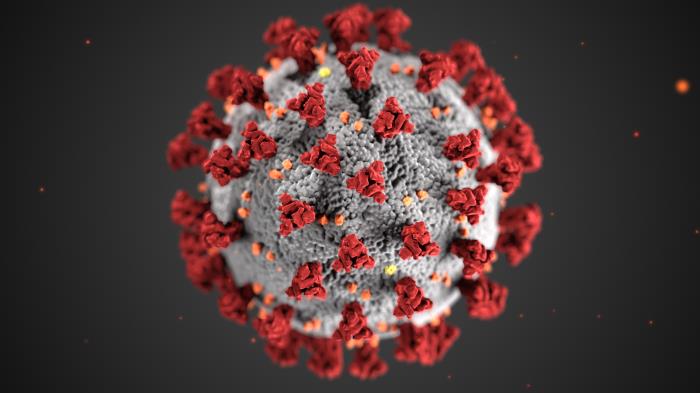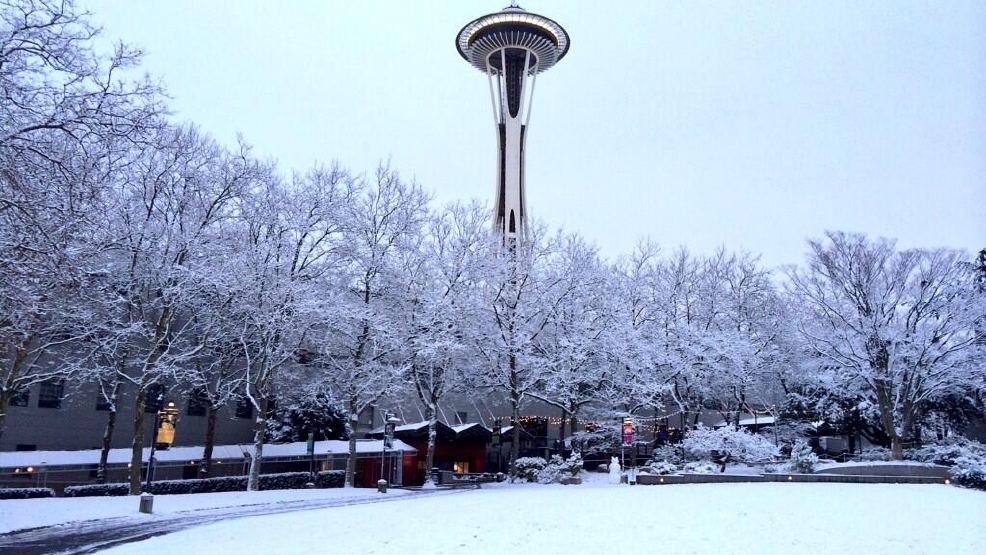May 20th, 2020
We are diligent about Infection Control
Prior to COVID-19 the dental profession adhered to strict disinfection protocols to ensure patient safety. Standard Precautions are the minimum infection prevention practices that apply to all patient care, regardless of suspected or confirmed infection status of the patient, in any setting where health care is delivered. These practices are designed to both protect the dental staff and prevent us from spreading infections among patients. Standard Precautions include —
-
- Hand hygiene.
- Use of personal protective equipment (e.g., gloves, masks, eyewear).
- Respiratory hygiene / cough etiquette.
- Sharps safety (engineering and work practice controls).
- Safe injection practices (i.e., aseptic technique for parenteral medications).
- Sterile instruments and devices.
- Clean and disinfected surfaces.
What additional steps we will take once we re-open:While our office already adheres to these standard precautions, there are several common sense recommendations we are implementing to prevent the spread of COVID-19.
-
-
- Pre-screening phone calls and in office screening of patients for signs or symptoms of infection.
- Making sure our masks, gloves, and eye protection are appropriate for the procedures performed. We are increasing our standard PPE with additional face shields, washable surgical gowns and are trying to procure surgical caps, booties.
- Cleaning and disinfecting public areas frequently, including door handles, chairs, and bathrooms.
- Increased medical grade HEPA air filtration in the building.
- Vinyl shield for the front office staff for protection when social distancing is not possible.
- Implementing NO TOUCH check-in, health history, treatment planning and payment to decrease possible virus transmission.
How can you prevent contracting or spreading COVID-19?
-
-
- Wash your hands frequently with soap and water for 20 seconds. If you don’t have access to soap and water, use alcohol-based hand sanitizer.
- Maintain at least six feet of distance between yourself and anyone who is coughing or sneezing.
- Avoid touching your eyes, nose, and mouth.
- Cover your mouth and nose when you cough or sneeze. Do not use your hands.
- Stay home if you feel unwell. If you have a fever, cough, or difficulty breathing, seek medical attention and call in advance. Calling in advance will allow your healthcare provider to quickly direct you to the right health facility.
If you would like more information about our office’s dedication to your HEALTH AND SAFETY, please give us a call at 425-392-2103. As always, stay safe and be well. WE GOT THIS!
May 5th, 2020
 We hope that you and your family have been adjusting to our "new normal" during the shelter in place mandate. Initially, Chris, Ava and I loved being homebodies and being able to spend unlimited quality time together. Baking, cooking, eating, sleeping, Netflix, repeat...
We hope that you and your family have been adjusting to our "new normal" during the shelter in place mandate. Initially, Chris, Ava and I loved being homebodies and being able to spend unlimited quality time together. Baking, cooking, eating, sleeping, Netflix, repeat...
However, reality has set in with the Zoom distance learning, Zoom dental webinars, Zoom piano lessons, Zoom Girl Scout activities, you get the drift...we are Zoomed out! We pray that the sacrifices all Washingtonians have made with social distancing and staying at home have flattened the curve enough to resume some pre-COVID19 activities. We are anticipating a May 18th reopening date and are busily preparing the office for practice in our "new normal".
We care about each of you and hope that you and your family will remain in good health and good spirits during this difficult time. Be safe and well...WE GOT THIS!
Dr Robertson, Dr Phan and Team
April 30th, 2020
An update from Dr. Robertson and Dr.Phan: (March 19, 2020)
Due to the COVID-19 pandemic, we are currently suspending non-essential dental care. As health care professionals, we have a role to play in "flattening the curve" and are following scientific public health advice. We are invested in the safety of this community and hope that by "social distancing" and conserving PPE for the frontline medical professionals, our efforts will be rewarded in the near future!
We will follow the guidelines from the WA state Department of Health and Governor Inslee with regard to re-opening. We are anticipating an opening date of May 18th, 2020. Please refer to this page for up-to-date information regarding our practice.
What about your existing appointment?
All appointments that are scheduled between now and May 14th are effectively cancelled and we have suspended our regular cancellation policy. We value you and your access to dental care, and will be available for dental emergencies. If you have an URGENT dental need, please call 425-395-4560 and leave a message for us.
We will be reaching out to those of you with cancelled appointments to reschedule your dental appointments over the next few weeks, once we are assured a re-opening date.
We are dedicated to protecting you and hope that you are safe and well in these uncertain times.

April 19, 2020 - Chris, Ava and I took a "road trip" to the University of WA campus to enjoy the cherry blossoms. It was a warm, but windy spring day as we toured the almost empty campus with Ava. We were eager to show her our alma mater and the old, historic buildings, and reminisce about where our classes were and where we ate lunch and definitely where we studied and studied.
With the sunshine on our faces and the smell of the spring flowers and fresh air, we were quietly reminded to be thankful for all that we still have in this time of hardship. We are healthy, we are safe with our loved ones and we are grateful to be a part of this community. Hug your loved ones tight and we hope to see you soon!
November 13th, 2018

Weather sensitivity can occur regardless of how you care for your teeth, but you're at greater risk if you don't practice good oral hygiene and live in an area that has extreme temperature swings. To minimize sensitivity, you should learn about the common causes for sensitive teeth and what you should do when you notice pain because of cold weather.
COMMON CULPRITS RESPONSIBLE FOR SEASONALLY SENSITIVE TEETH
Your dentin could be exposed for a number of reasons. People often wear down their enamel or suffer from receding gums and tooth sensitivity because one of the following reasons:
- Periodontal disease: Diseases of the gums, cementum, periodontal ligament, and alveolar bone can expose the dentin and cause sensitivity. Gingivitis is one of the earliest stages of periodontal disease.
- Brushing too vigorously: You may think that you need to bear down hard to remove surface stains, but brushing with too much force can start to wear down your enamel.
- Clenching and grinding: Some people may clench or grind their teeth in their sleep. This can wear down enamel and lead to sensitivity.
- Tooth Decay: Sensitivity to cold is an early sign of an undetected tooth decay problem. If you start to experience tooth pain, go see a dentist.
- Tooth Whitening agents: Have you started a new tooth-whitening agent? The ingredients that make your teeth whiter may strip surface stains and start wearing down your enamel. If the agent starts hurting your teeth, stop the treatment and consult with your dentist.
- Acidic beverages: Sodas, coffee, tea, and other drinks with high concentration of acid, such as juices, can erode your teeth and expose the dentin layer.
- Other lifestyle habits: Other bad oral habits, such as using tobacco products or not brushing or flossing properly, can cause your gums to recede. When this happens, the dentin at the base of the gums is exposed and can lead to temperature-sensitive teeth.
TRY THESE FIXES FOR YOUR SENSITIVE TEETH
- A fluoride application: Fluoride is a natural mineral that a dentist can apply to your sensitive teeth. This application strengthens the enamel and thus prevents sensitivity because of exposed dentin.
- Covering root surfaces: A dentist can apply a filling to fix problems with receding gums.
- Making a night guard: If you clench or grind your teeth , a dentist can make a night guard to prevent you from damaging your teeth in your sleep. This can help with jaw pain as well.
- Root canal treatment: During a root canal procedure, the dentist removes the soft pulp inside the damaged tooth. This is recommended to fix issues with deep decay or a cracked or chipped tooth.
WHEN TO SEE A DENTIST
You should see a dentist whenever you experience tooth sensitivity. This is also necessary if you need a more complex solution, such as a night guard. A dentist can also determine exactly which teeth are exposed to sensitivity and recommend an appropriate treatment or prescribe a special toothpaste or similar product. Finally, if your teeth are especially sensitive, a dentist can schedule a root canal, filling, or other advanced procedure.
Weather you're just starting to struggle with sensitivity or always have issues in the cold weather, its worth visiting your dentist and finding a solution to resolve your pain.

 We hope that you and your family have been adjusting to our "new normal" during the shelter in place mandate. Initially, Chris, Ava and I loved being homebodies and being able to spend unlimited quality time together. Baking, cooking, eating, sleeping, Netflix, repeat...
We hope that you and your family have been adjusting to our "new normal" during the shelter in place mandate. Initially, Chris, Ava and I loved being homebodies and being able to spend unlimited quality time together. Baking, cooking, eating, sleeping, Netflix, repeat... 


 Website Powered by Sesame 24-7™
Website Powered by Sesame 24-7™